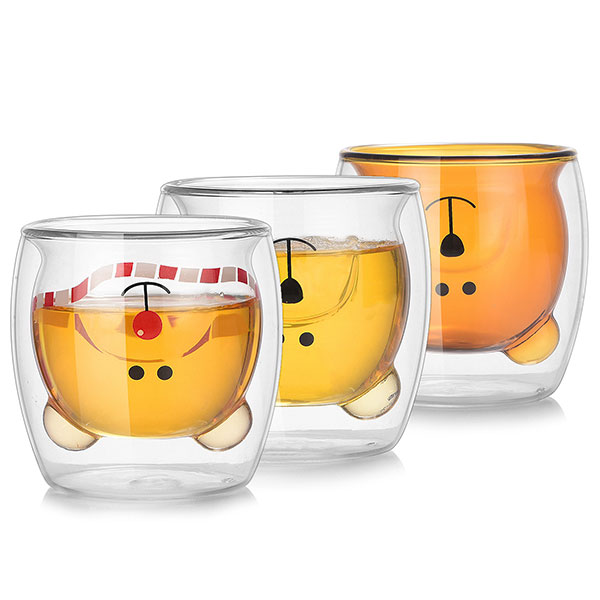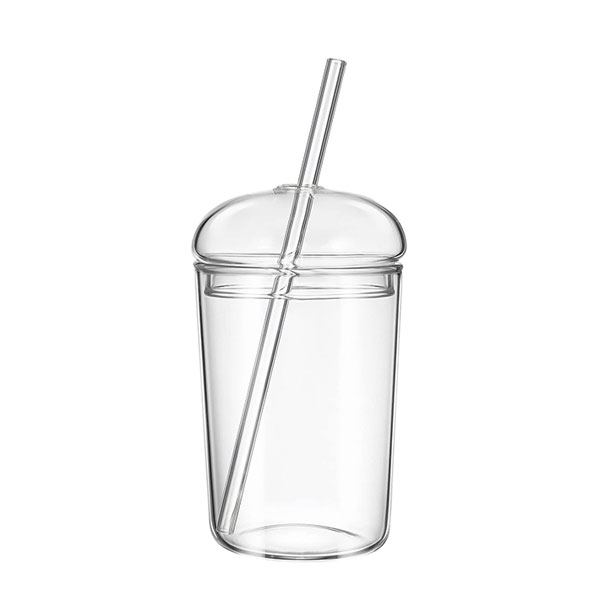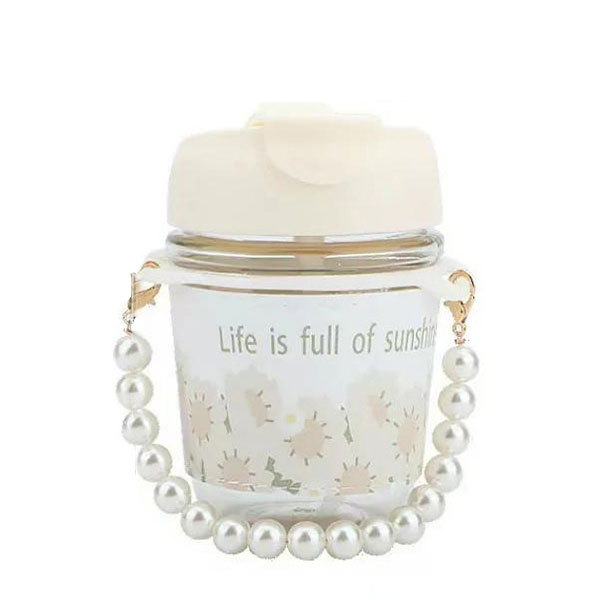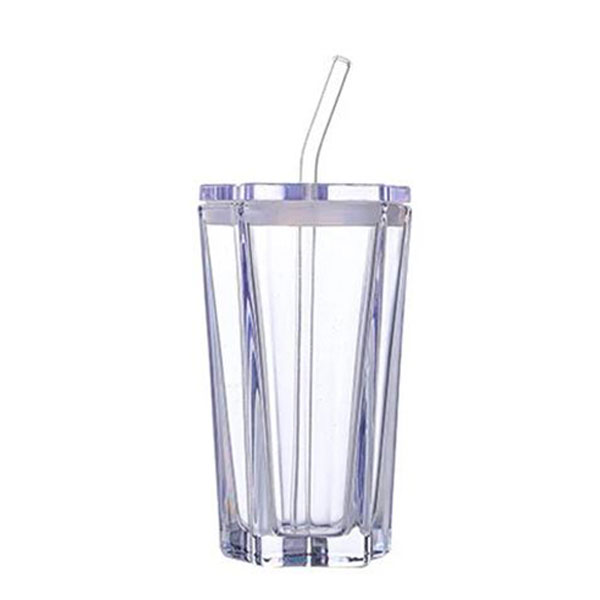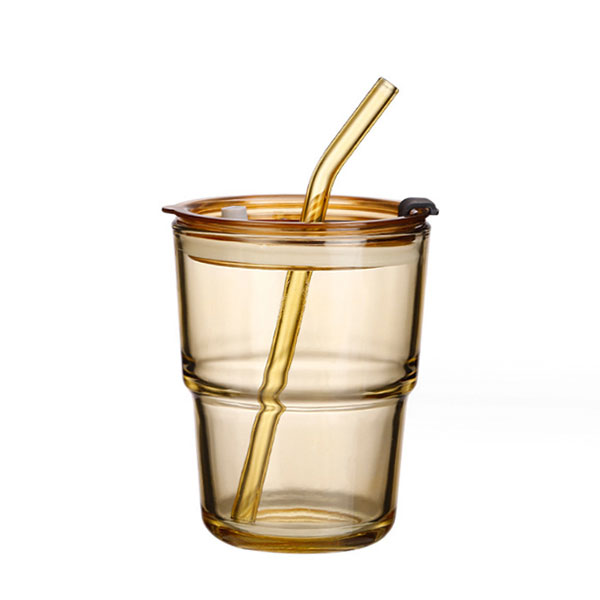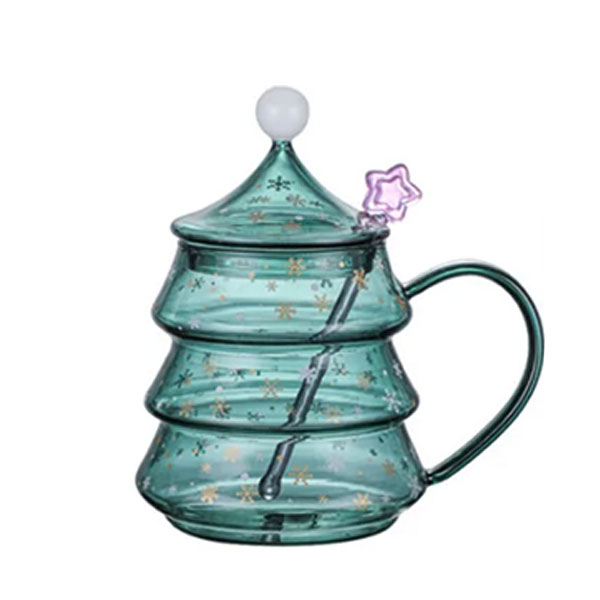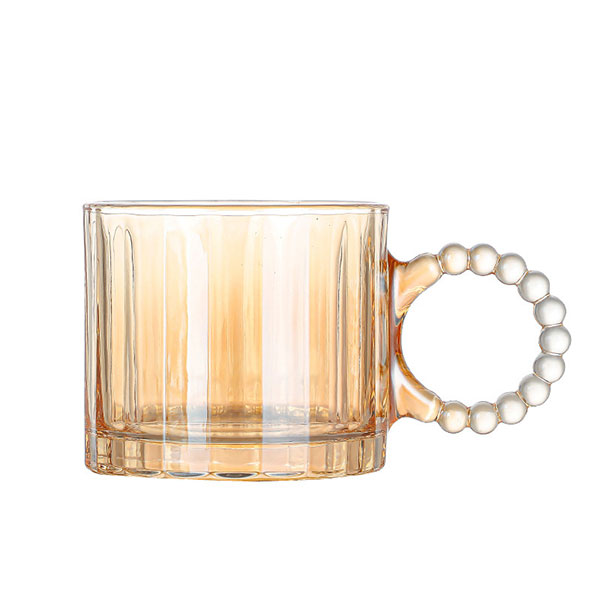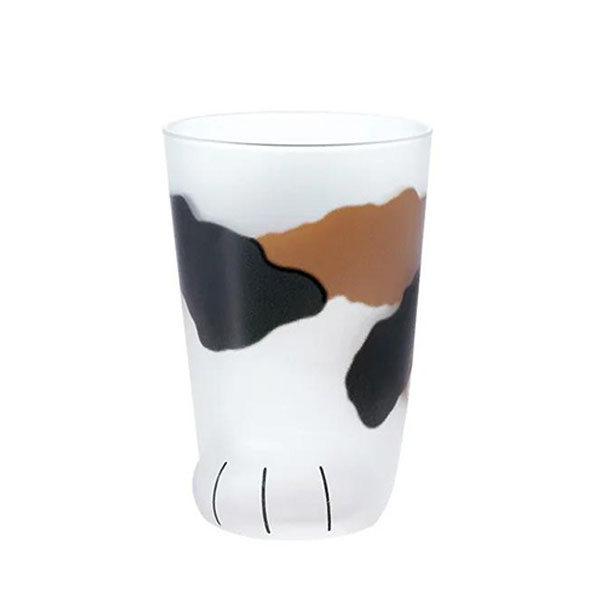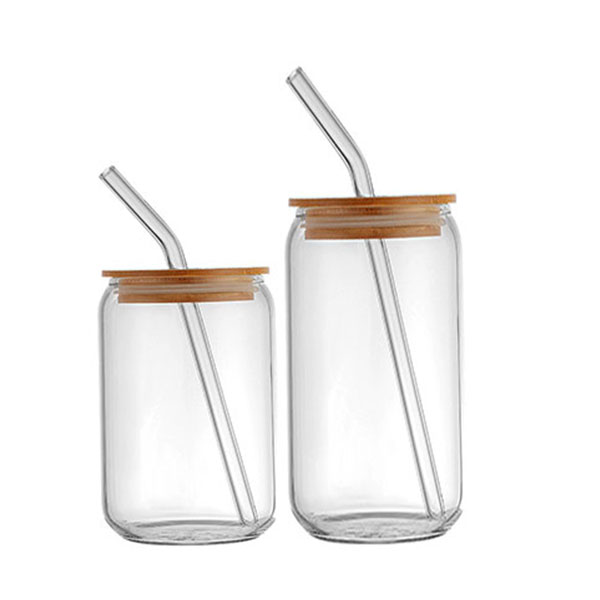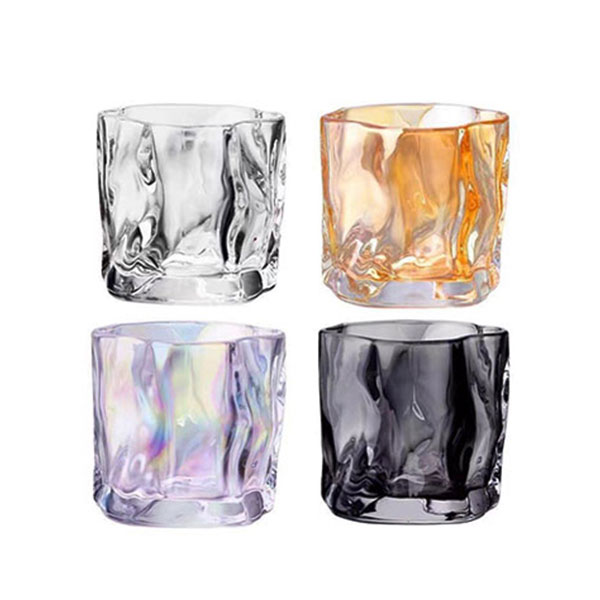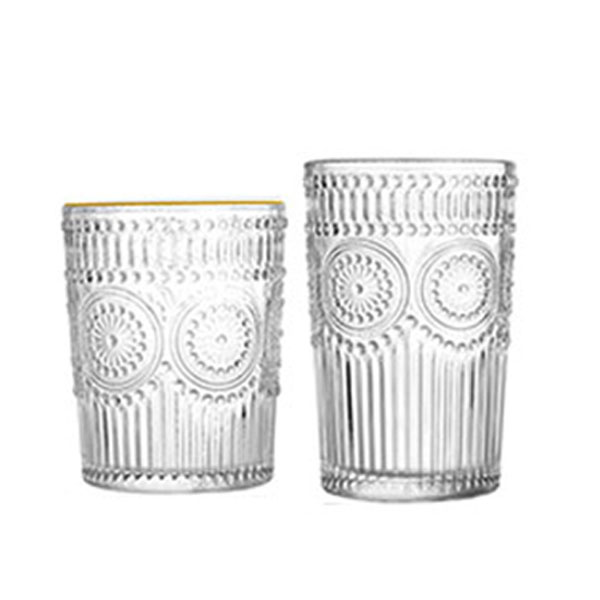We have different kinds of glass cups wholesale, our glass cups include glass water cups, juice cups, beverage cups, handle cups, ice cream cups, milk cups, wine glasses, etc. Our glass cups including Stemless Wine Glasses, Glass Goblets, Glass Mugs with Handles, Glass Tumblers with Lids and Straws. Glass cups can be divided into double wall glass mugs and single-layer glass cups in structure.
We are a leading manufacturer of custom glass tumblers, providing our customers with high-quality tumblers that are durable for business or personal use. Whether you need glasses for a restaurant, bar or promotion, we have a variety of options to suit your needs. Whether you want to add a logo or design, choose a specific shape or size, or add special features like double-wall insulation. We all have the ability to turn your ideas into reality.
Double Layer Glass Cups Wholesale
The raw material of the double-layer glass is high borosilicate glass or food-grade glass, which is tempered at a high temperature of more than 600 degrees Celsius. The main function of the double wall glass mugs is heat insulation and anti-scalding, and it also has a certain heat preservation effect.
The double layer is mainly suitable for the needs of advertising cups. The company’s logo can be printed on the inner layer for promotional gifts, and the thermal insulation effect is outstanding.
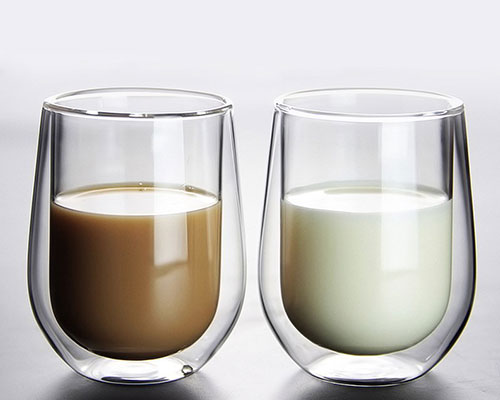
Glass Goblets Wholesale
There are many kinds of wholesale glass goblets, the main purpose is to drink better, so that the style of the wine can be brought into full play.
The biggest feature of the glass wine goblets is elegance, transparency, refraction, good hand feeling, making people fondle admiringly. A transparent glass with a slender foot, in addition to its beauty, what is more important is its practical value. The best drinking temperature of wine is around 18 degrees Celsius. The wine goblet is to isolate the temperature of the palm from the container of wine, so as to maintain a relatively stable temperature of the wine and ensure the pure effect of tasting.
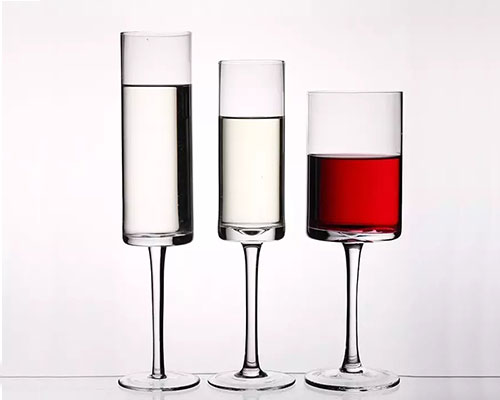
Glass Cups Material

In our glass mug manufacturing factory, we use high-quality glass materials and employ skilled craftsmen to make glasses that are not only beautiful but also durable. Our guarantee of glassware quality sets us apart from the competition and ensures our customers receive the best value for money.
Common glass cups materials mainly include soda lime glass, borosilicate glass, lead crystal glass, micro-ceramic glass, tempered glass, etc.
Soda Lime Glass
Ordinary glass cups wholesale and glass bowls are made of soda-lime glass, which is characterized by a small temperature difference in rapid changes. If you pour boiling water into a glass that has just been taken out of the refrigerator, it is likely to burst. In addition, it is not recommended to heat soda-lime glass products in the microwave.
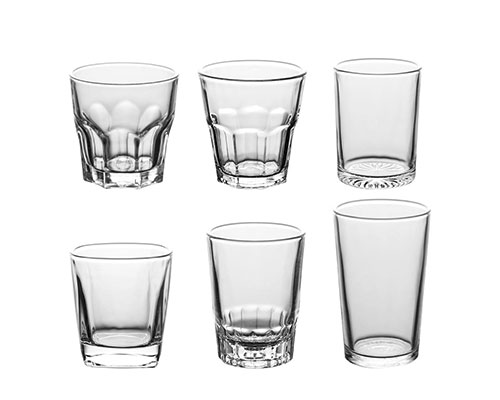
Borosilicate Glass
This material is heat-resistant glass, and glass lunch boxes are generally made of borosilicate glass. It is characterized by good chemical stability, high strength, and rapid temperature difference greater than 110°C. The borosilicate glass cup has good heat resistance and can be safely placed in the microwave.
Glass Ceramic
This type of material is also known as extra heat-resistant glass, and glass cooking pots are made of glass-ceramic. It is characterized by particularly good heat resistance, with a sharp temperature difference of 400°C.
Lead Crystal Glass
It is commonly known as crystal glass, which is generally used to make wine goblets. It is characterized by good refraction and good hand feeling, and it will make a crisp and pleasant sound when tapped.
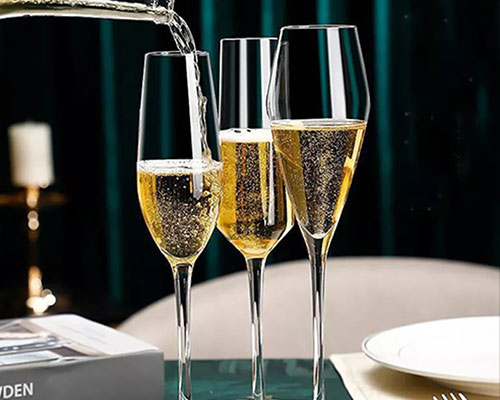
Tempered Glass
This material is made of ordinary glass through physical tempering. Compared with ordinary glass, its impact resistance and heat resistance are greatly enhanced, and the broken pieces have no sharp corners.
Conclusion
Since glass is a brittle material with poor impact resistance, it should also be protected from impact. Do not use steel wool when cleaning any glass product. Because the steel ball will scrape invisible scratches on the glass surface during friction, which will affect the strength of the glass cups to a certain extent and shorten its service life.

